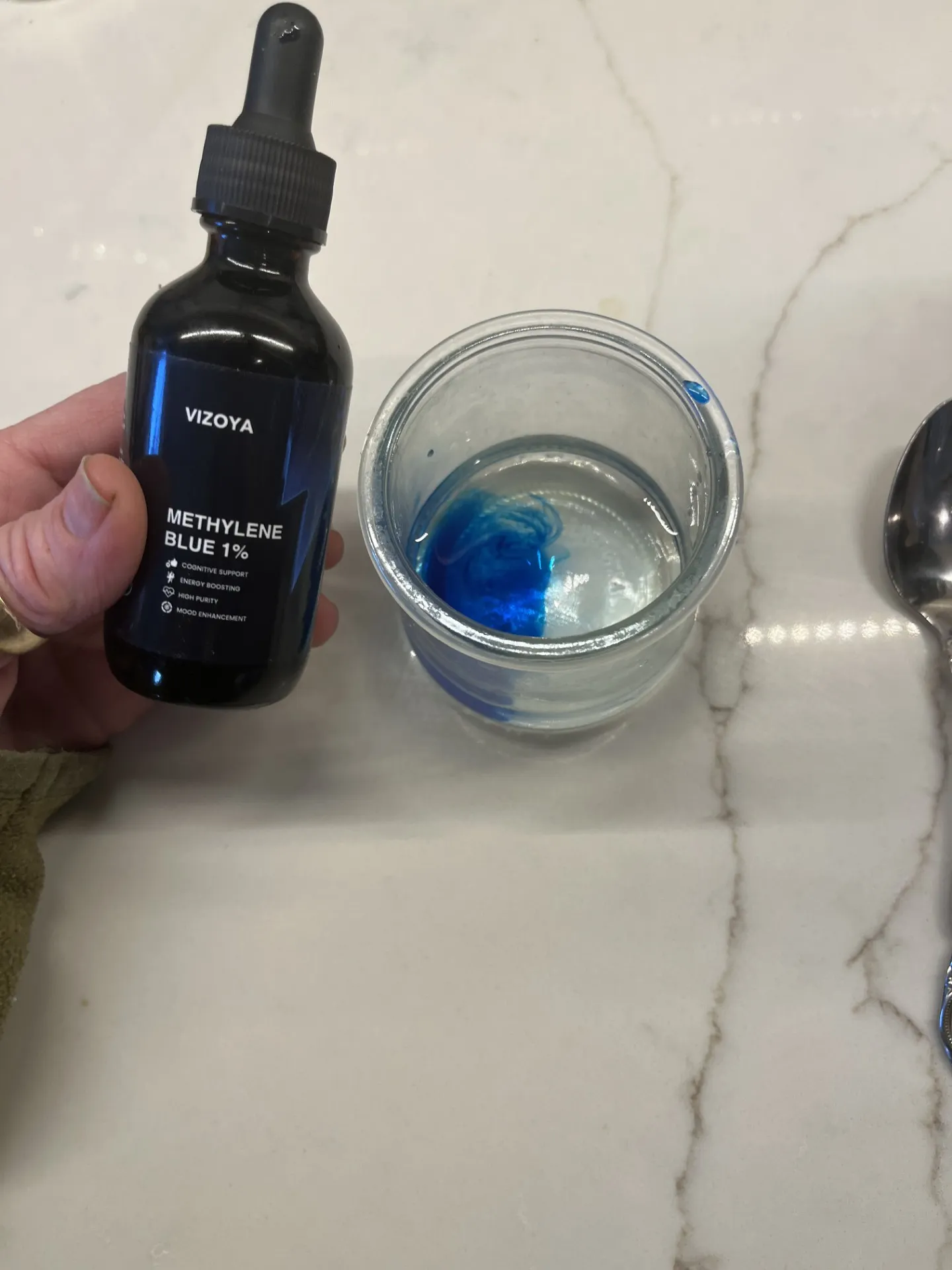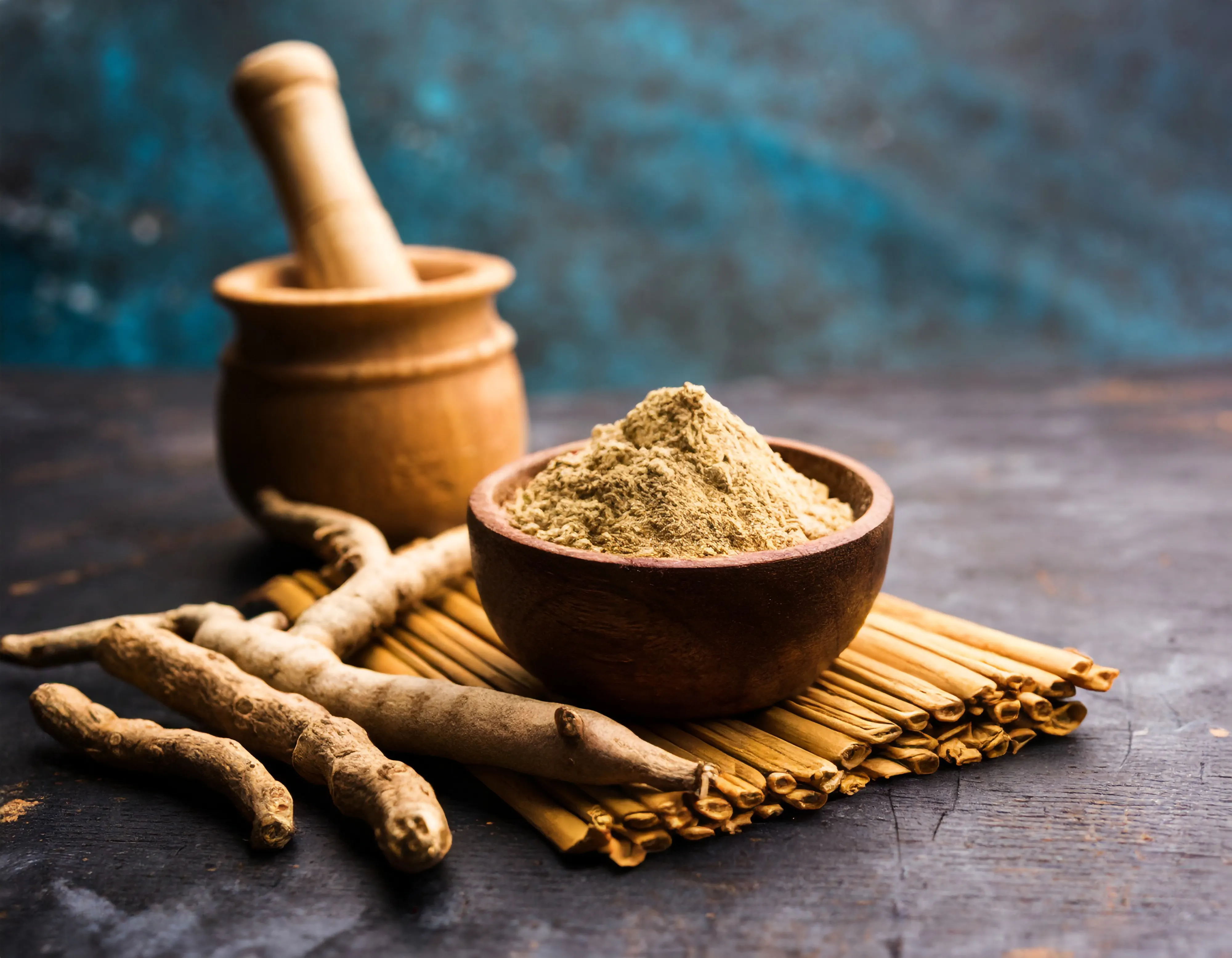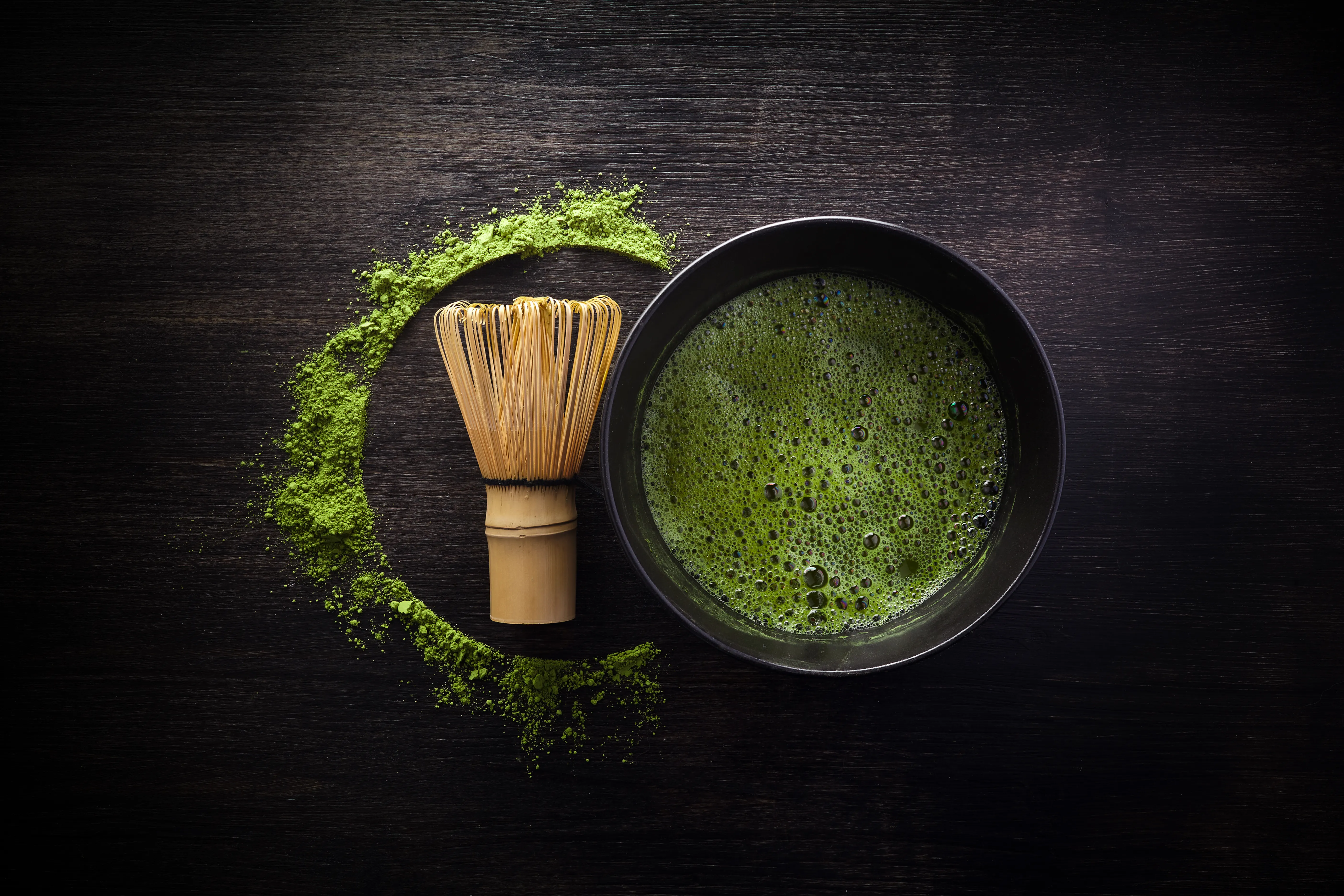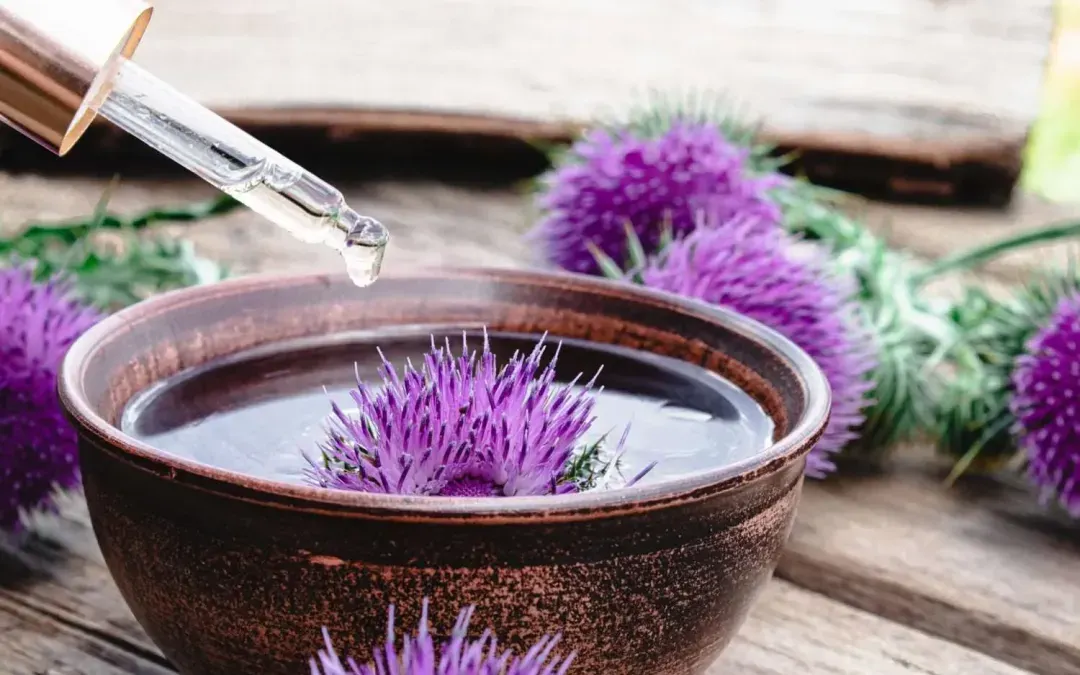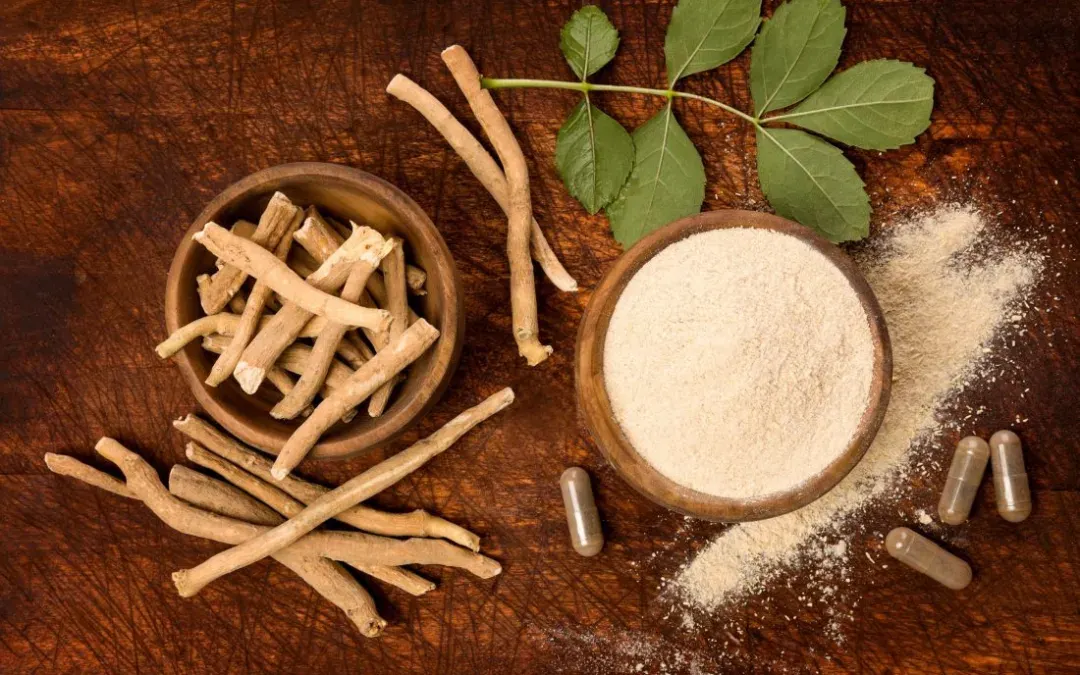Key Proteins & Welcome to the Cancer Cafe'
by Christina Blanchard-Horan, PhD
In this post, I want to introduce the concept of the Cancer Cafe, where we will explore foods that support strong cell growth and help with apoptosis. We start with a look at Key Proteins for fighting cancer.
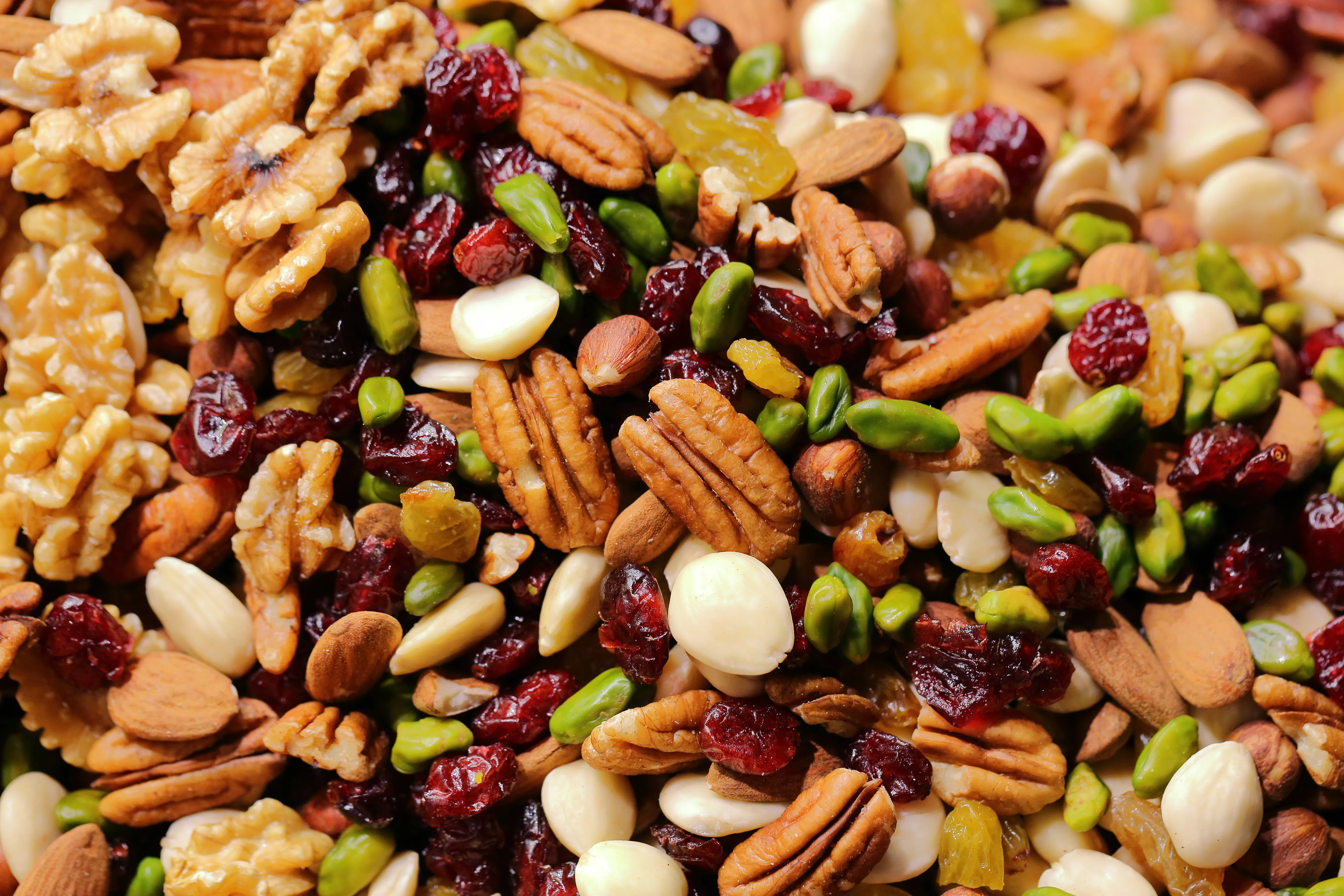
Foundations & Key Proteins: Welcome to the Cancer Cafe
Introduction: The Cancer Cafe Concept
Welcome to the Cancer Cafe, a space where food is more than just nourishment—it is medicine. The goal of this series is to explore the profound connection between diet, cancer prevention, and detoxification. By understanding the healing properties of specific foods, we can make informed choices that support our body’s natural defenses and overall well-being.
Why Food Matters in Cancer
Prevention and Detox
Modern research has consistently highlighted the role of diet in disease prevention. Many natural foods contain powerful compounds that combat oxidative stress, reduce inflammation, and aid in detoxification. The Cancer Cafe is built around the idea that intentional eating can help protect against cancer and enhance the body's ability to heal.
Key reasons food plays a crucial role in cancer prevention and detox:
- Antioxidants: Combat free radicals that contribute to cancer development.
- Anti-inflammatory Compounds: Reduce chronic inflammation, a known risk factor for cancer.
- Detoxifying Agents: Support liver function and the body’s natural detox pathways.
- Immune Boosting Nutrients: Strengthen the immune system to fight off abnormal cell growth.
The Cancer Cafe Categories
To make this information digestible and actionable, we’ve organized the Cancer Cafe into specific categories, each focusing on foods that contribute to health and healing:
- Proteins: Essential for cell repair and immune function (e.g., salmon, eggs, walnuts).
- Fruits: Packed with antioxidants and polyphenols (e.g., berries, citrus, papaya, pomegranate).
- Vegetables: Rich in vitamins, fiber, and detoxifying compounds (e.g., broccoli, avocado, cabbage, spinach).
- Roots: Potent anti-inflammatory and antimicrobial agents (e.g., onions, garlic, turmeric, ginger).
- (See the post on Goldenseal)
- Drinks: Herbal teas and nutrient-dense beverages that support detox (e.g., green tea, matcha, soursop, nettle tea).
- Sweets: Natural alternatives that provide benefits without harmful sugars (e.g., dark chocolate, raw honey, monk fruit sweetener).
Key Proteins & Cellular Health
Proteins are fundamental building blocks of life, essential for repairing cells, supporting immune function, and maintaining overall health. In the Cancer Cafe, we highlight proteins that not only provide essential amino acids but also contain cancer-fighting nutrients.
Salmon: The Omega-3 Cancer Fighter
Salmon is rich in omega-3 fatty acids, which have been shown to reduce inflammation, support brain health, and potentially lower cancer risk. Studies suggest that omega-3s may slow the growth of cancer cells and enhance the body’s ability to remove toxins.
Health Benefits:
- High in EPA & DHA, essential for reducing inflammation.
- Contains astaxanthin, a potent antioxidant that protects cells from oxidative damage.
- Supports heart health, which is crucial during cancer recovery and prevention.
Eggs: Nutrient-Dense Superfood
Eggs provide a powerhouse of vitamins and minerals, including vitamin D, choline, and high-quality protein. They support immune function and cellular repair, both vital in cancer prevention and healing.
Health Benefits:
- Rich in choline, which supports brain function and liver detox.
- Provides vitamin D, linked to lower cancer risk.
- High-quality protein aids in cell regeneration and immune support.
Walnuts: The Cancer-Fighting Nut
Walnuts contain polyphenols, omega-3 fatty acids, and antioxidants that may slow cancer growth and support gut health.
Health Benefits:
- High in ellagitannins, which help reduce oxidative stress.
- Contains omega-3s, beneficial for brain and heart health.
- Supports gut microbiome, crucial for immune defense.
Building a Cancer-Preventive Diet
The foundation of a cancer-fighting diet starts with intentional choices—choosing whole, nutrient-dense foods that nourish and protect the body. By focusing on high-quality proteins like salmon, eggs, and walnuts, we provide the body with essential tools to maintain cellular health, reduce inflammation, and enhance detoxification.
Stay tuned as we continue exploring each Cancer Cafe category in detail. Next up, we take a deep dive into the power of each of these cancer fighters.
What’s your favorite protein source for health and healing? Share your thoughts in the comments below!
- National Center for Biotechnology Information. (n.d.). Science-driven nutritional interventions for the prevention and treatment of cancer. National Library of Medicine. Retrieved from https://pmc.ncbi.nlm.nih.gov/articles/PMC10749912
- National Center for Biotechnology Information. (n.d.). Starvation, detoxification, and multidrug resistance in cancer therapy. National Library of Medicine. Retrieved from https://pmc.ncbi.nlm.nih.gov/articles/PMC3573885
- "we discuss how the remarkable changes in the levels of glucose, IGF-I, IGFBP-1 and in other proteins caused by fasting have the potential to improve the efficacy of chemotherapy against tumors by protecting normal cells and tissues and possibly by diminishing multidrug resistance in malignant cells."
- Journal of Hematology & Oncology. (n.d.). Heat shock proteins as hallmarks of cancer: Insights from molecular chaperones. BioMed Central. Retrieved from https://jhoonline.biomedcentral.com/articles/10.1186/s13045-024-01601-1
- Spandidos Publications. (n.d.). Polyphenols in cancer prevention: New insights. International Journal of Functional Nutrition. Retrieved from https://www.spandidos-publications.com/10.3892/ijfn.2020.9
- Frontiers in Pharmacology. (n.d.). Regulation of epigenetic traits of the glutathione S-transferase P1 gene. Frontiers. Retrieved from https://www.frontiersin.org/journals/pharmacology/articles/10.3389/fphar.2014.00170/full

